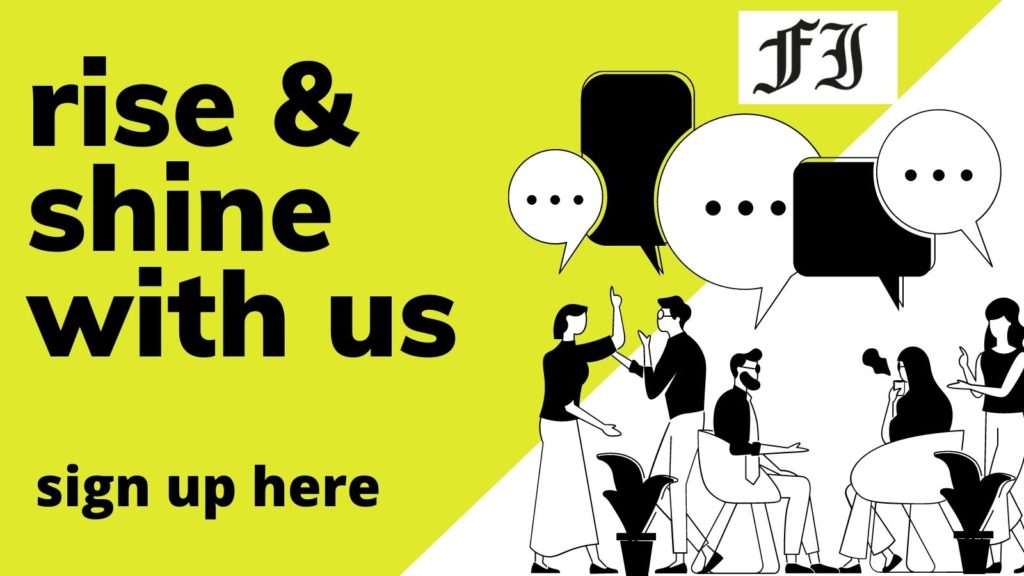At the heart of the government’s vision is a digitised tax system that “works closer to real-time” and the Treasury is looking to other countries for guidance. Would real-time monthly tax payments enable companies to scale up as quickly or hold them back? Or would paying on a quarterly or monthly basis be a realistic method to manage cash flow? The Freelance Informer reports.
The OECD Forum on Tax Administration predicts that tax administration processes will become increasingly real-time or close to real-time, as required to stay synchronised with daily life, business transactions and events.
“Many countries are already operating with or considering the introduction of, modern, digital tax regimes that bring tax payment closer to earning the income, and it is important that the UK keeps pace,” the HM Revenue and Customs (HMRC) has stated.
The HMRC said that the delays that are “inherent in the UK tax system” can make it hard for people to manage their cash flow, particularly for the newly self-employed, whose first tax bill could be up to 22 months after they start trading.
“They can thus lead to taxpayers getting into debt, which causes stress and difficulties for them, creates additional cost for HM Revenue and Customs to manage, and contributes to the non-payment tax gap, taking away revenues needed to support public services,” said the HMRC.
The majority of other states similar to the UK require the self-employed to make some form of advanced payments towards their tax bill. The International Survey of Revenue Administration (ISORA) collects national-level information and data on tax administration in advanced and emerging economies. The 2018 ISORA survey based on data from 2016 and 2017, shows that quarterly or monthly payments are
the most common.

How are other nations collecting tax payments?
Australia, the United States, and Norway, for example, require self-employed taxpayers to pay their tax bills in quarterly instalments. Other tax authorities, including Sweden, require self-employed taxpayers to pay tax in advance via monthly instalments.
The default option for calculating these instalments is to base them on the previous year’s tax bill, with the option to assess a lower bill.
France, for example, has recently moved closer to real-time payment of tax for both employees and the self-employed with tax collected on a monthly or quarterly basis since January 2019.
HMRC Case study: France
In 2019, France moved closer to real-time payment of tax for both employees and the self-employed.
Previously, French tax residents filed an annual income tax return and paid their income tax the year after the income was received. Since January 2019, employers must withhold tax on employment income at source (similar to the UK’s PAYE system) and the tax authority collects tax on other income (e.g. business profits, rental income) from the taxpayer’s bank account via direct debit on either a monthly or quarterly basis.
The direct debit is based on the taxpayer’s last tax bill but can be modified during the year by the taxpayer (for instance a self-employed taxpayer who ceases trading can stop paying instalments).
A number of countries have also introduced voluntary systems to make it easier for taxpayers to pay tax on a monthly basis if they wish.
However, the UK government recognises that alteration to the timing of tax payments would be a major change. It also recognises that many businesses are struggling at the moment due to the economic impact of the coronavirus outbreak.
For that reason, the government has said that it has no intention to make significant changes to the timing of Income Tax or Corporation Tax payments within the present parliament.
If a change happens it will be “reforming and not revolutionary”, said the HMRC and will be “gradual, structured over the longer-term, and carried out in close collaboration with stakeholders.”
The government’s call for evidence and comments on timely tax payment will complete on 13 July 2021, so if you have a say, make your voice and arguments heard.


